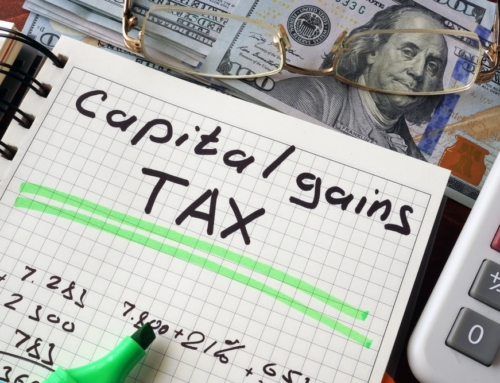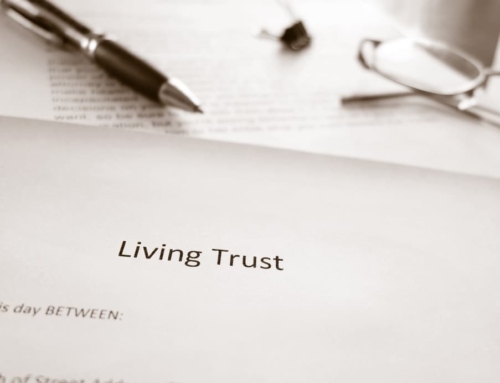At a recent dinner party, several people in attendance announced that they had just been laid off and were facing unemployment. Some were among the 300 folks laid off at Intuit. Others were from the L.A. Times, which recently stopped publishing Los Angeles Magazine. And still other attendees said that their clients were facing recent unemployment. The recession isn’t over yet, is it? Are you affected?
Unemployment income traps
If you’ve been laid off, you probably know that unemployment is available to you for a year or so. Did you also know that unemployment income is taxable? Yup—both for federal and tax purposes. Very few states (California is one) do not tax unemployment income. Be sure to take withholding from your benefits. You’ll be sorry later if you don’t.
Disability income is not taxable on the IRS or state level as long as you file for it before going on unemployment. Timing is important. If you file for unemployment first and then switch to disability, your disability will be considered unemployment income for tax purposes.
Plan your strategy to make sure this doesn’t happen. Before filing for unemployment, visit your doctor or therapist. Get a checkup to determine your eligibility for disability. Do you qualify based on stress or other emotional disability? If you’ve been under great pressure at work for some time, you might be manifesting physical symptoms. Are you planning surgery? Are you having a baby soon? Depending on your answers, you may want to get disability benefits started early instead of starting with unemployment.
What if unemployment isn’t enough to live on?
Unemployment isn’t generally enough to tide you over. You’ll need more money. Where will you turn?
The biggest mistake you can make is tapping into retirement accounts. First, the money is meant for your retirement. Second, these funds are very expensive—they’re subject to federal and state taxes and early withdrawal penalties. If you’re under age 59 ½, the IRS penalty is 10 percent, and there is also a state penalty amount.
Other ways to get money:
- Sell stocks. The top federal capital gains rate is 15 percent.
- Sell off your personal possessions. Holding a garage sale, using eBay, or hiring an auctioneer generates tax-free money. (You must report the sales. Getting less than you paid makes the money tax-free.)
- Cash in savings bonds. The interest isn’t taxable for state purposes.
- Stay with family or friends for two weeks and rent out your home for 14 days or less—more tax-free money.
- Borrow from your home equity. Not the best idea, but it’s tax-free.
If you have no choice but to tap into retirement money, be smart. Roll your pension or 401(k) money into an IRA first. You can avoid some or all the early withdrawal penalties by using it this way:
- Health insurance—no penalties.
- Medical expenses—no penalties for expenses over 7.5 percent of your adjusted gross income.
- An annuity—with substantially equal payments each year.
Of course, you can also use up to $10,000 towards purchase of a first home, though you’re not likely to do that while unemployed—unless you can move to a new area and pay less than rent would cost. Or, if you qualify, you could file for permanent disability. Then all your draws would avoid the penalties—but not the taxes.
By the way, you won’t be unemployed forever, so once life starts returning to normal, you’ll want to rebuild your savings.
Eva Rosenberg, EA is the publisher of TaxMama.com , where your tax questions are answered. Eva is the author of several books and ebooks, including the new edition of Small Business Taxes Made Easy. Eva teaches a tax pro course at IRSExams.com and tax courses you might enjoy at http://www.cpelink.com/teamtaxmama.





